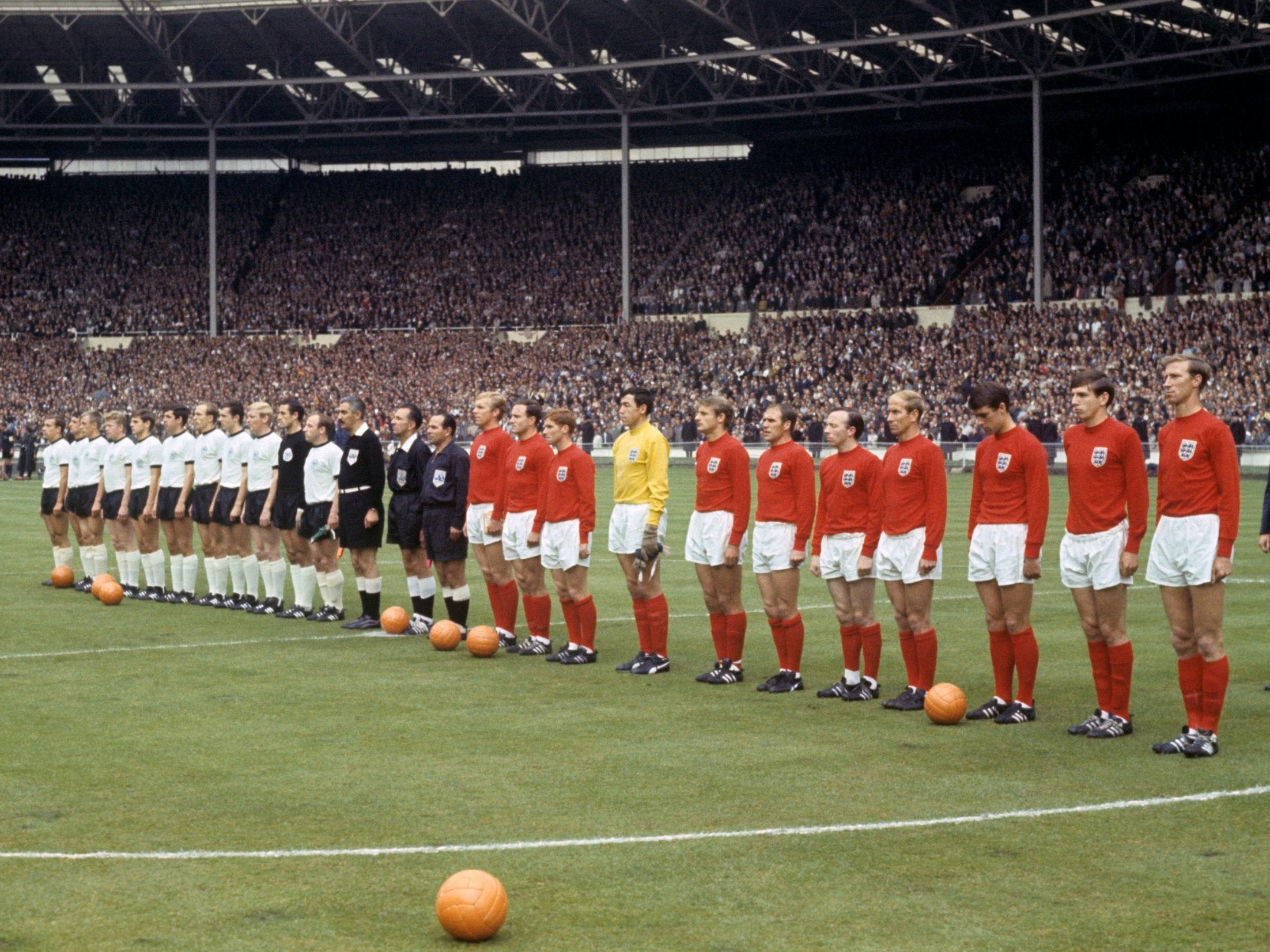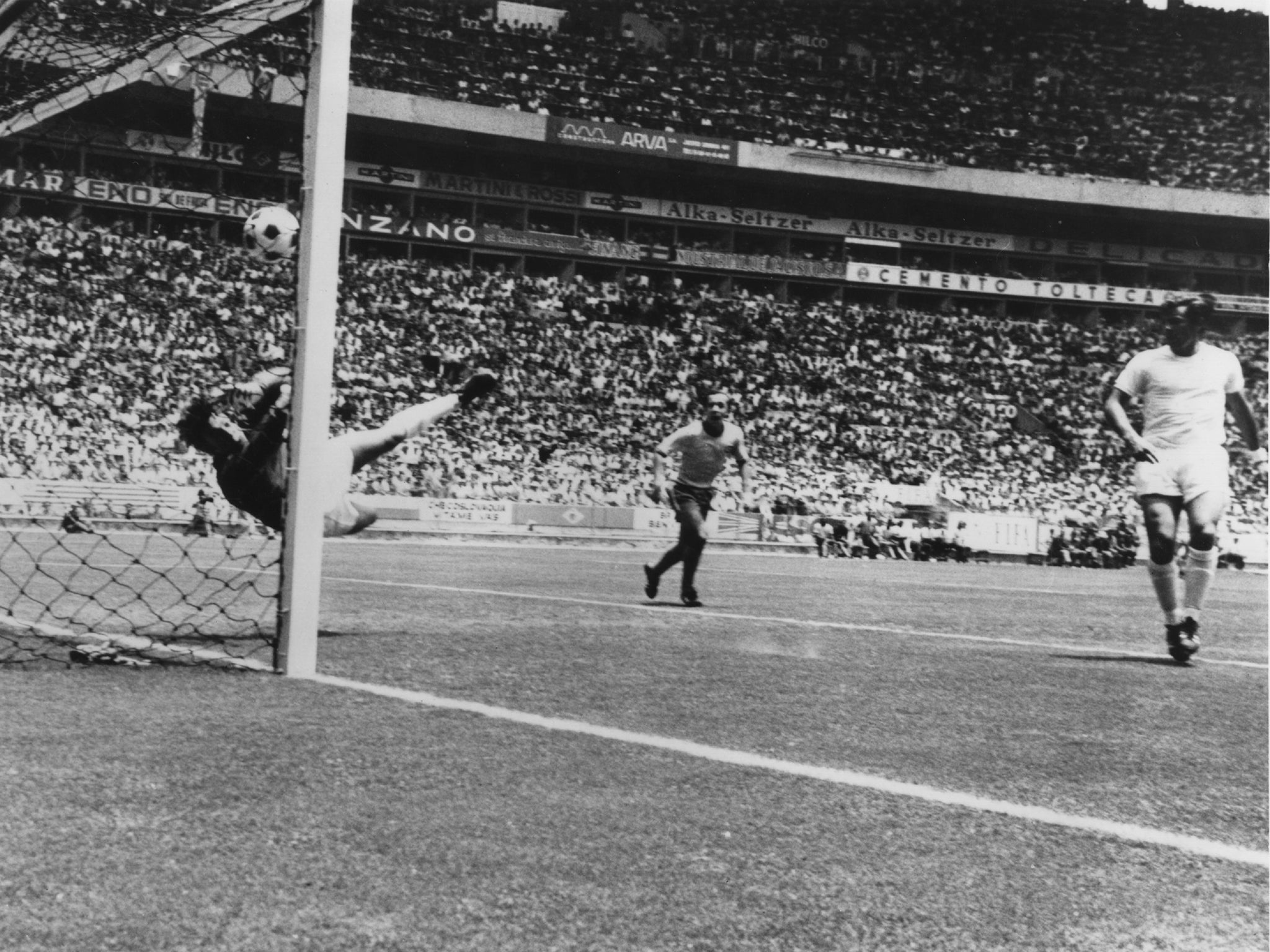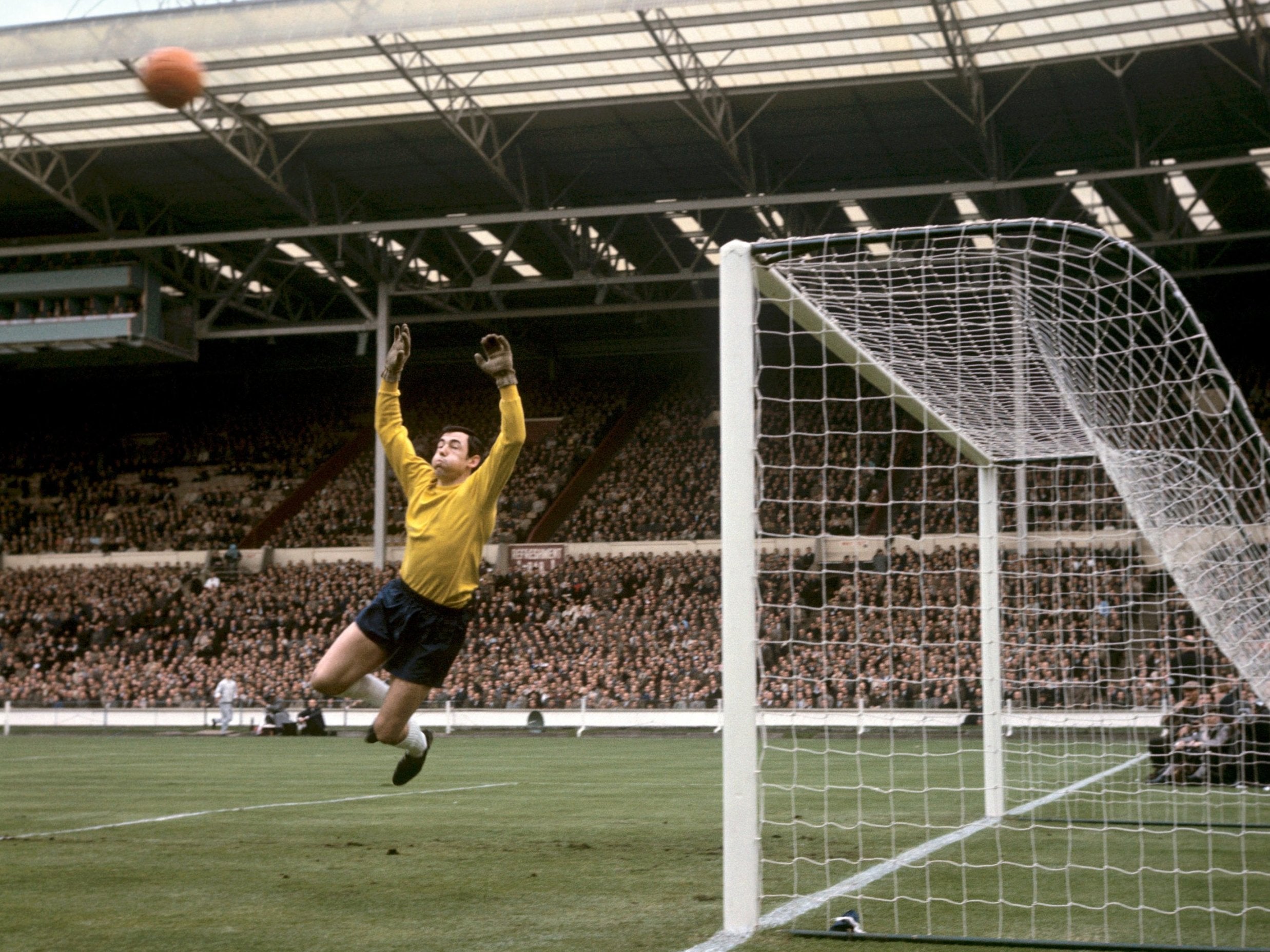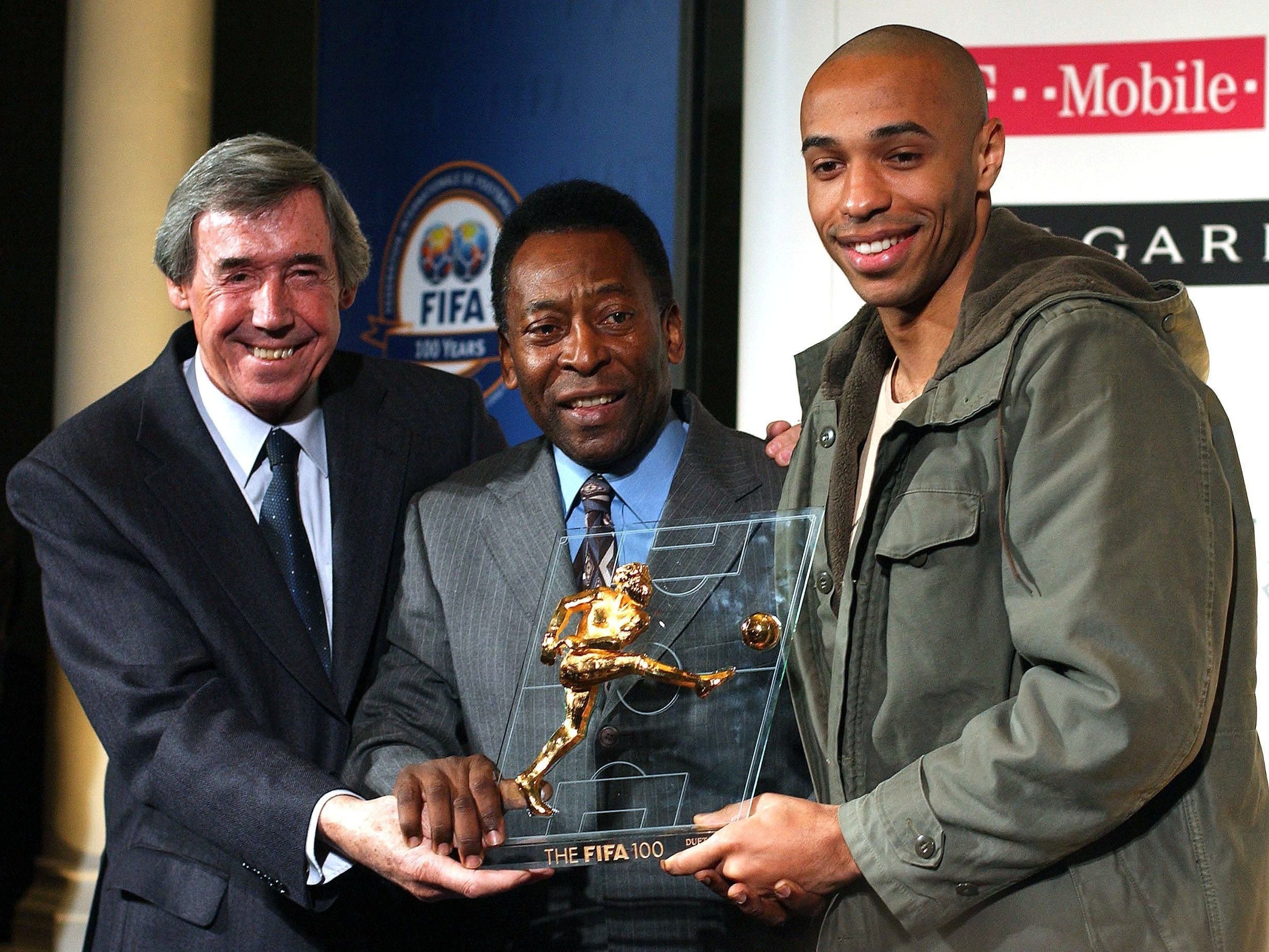Gordon Banks death: World Cup winning England goalkeeper dies, aged 81
The former Stoke, Leicester and Chesterfield goalkeeper played 73 times for England and was part of the triumphant 1966 World Cup-winning side
Gordon Banks, England's World Cup-winning goalkeeper, has died aged 81.
The legendary England footballer, who was part of the victorious 1966 World Cup side, passed away overnight on Monday.
A statement issued by Stoke City on behalf of the Banks family read: “From the family of Gordon Banks.
“It is with great sadness that we announce that Gordon passed away peacefully overnight.
“We are devastated to lose him but we have so many happy memories and could not have been more proud of him.
Banks started his professional football career with Chesterfield in the old third division, but after just one season secured a move to Leicester City where he made 356 appearances over eight seasons between 1959 and 1967.
While with Leicester Banks won the 1964 League Cup, and his form earned him international recognition in 1963 with his first England call-up. England manager Sir Alf Ramsey promoted Banks to his first-choice goalkeeper and in 1966 he played every minute of England’s World Cup campaign as they triumphed on home soil.
In total, Banks made 73 appearances for England and is regarded by many as the greatest goalkeeper in the Three Lions’ history.
On top of the World Cup triumph, Banks was named Fifa Goalkeeper of the year for five consecutive years between 1966 and 1971, and was voted the Football Writers’ Association Footballer of the Year in 1972.

Following the 1966 World Cup, Banks moved to Stoke City where he went on to become a club icon, making 250 appearances in seven years until his departure for the United States in 1973. Banks won the League Cup for a second time in 1972, with a First Division-high finish of ninth in 1969/70.
That year, Banks again went into the World Cup and England’s No 1, and during the group match against Brazil he pulled off one of the greatest saves ever seen in international football as he denied a Pele header that looked destined for the net, with the image of Banks flicked the ball over the crossbar becoming an iconic World Cup image to this very day.

However, despite his heroics in Mexico, Banks was forced to sit out the quarter-final against West Germany after suffering from a stomach illness, which also prevented him from attending the match as he was forced to watch on a television from his hotel room. In his absence, peter Bonetti deputised in goal and England let a two-goal lead slip before suffering a 3-2 extra-time defeat.
Banks finished his career in the United States, playing for the Fort Lauderdale Strikers in 1977 and again in 1978, and made a solitary appearance for St Patrick’s Athletic before retiring later that year.

He briefly managed Telford United, but after temporarily relinquishing his role to undergo surgery, he was sacked upon his return and the messy exit put him off a future within the game.

Banks and wife Ursula had three children, and it was announced in 2015 that he was undergoing treatment for kidney cancer. He is survived by his wife, two daughters Wendy and Julia and son Robert.
Join our commenting forum
Join thought-provoking conversations, follow other Independent readers and see their replies
Comments
Bookmark popover
Removed from bookmarks